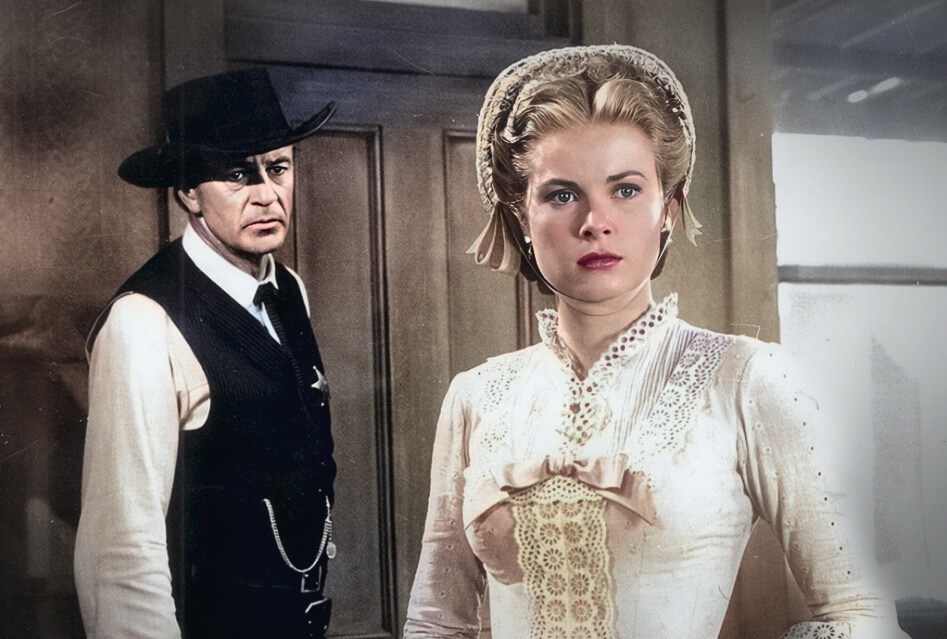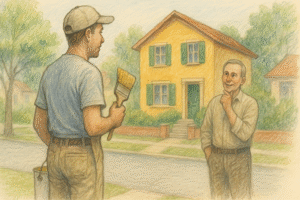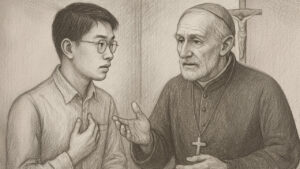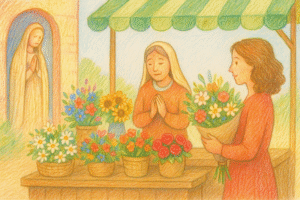Some of you probably remember the famous movie High Noon (1952). When Gary Cooper was the town sheriff, he put a murderer in jail. This murderer was set free and returned to town with some friends to get revenge.
The townspeople abandoned him and he had to deal with the situation alone. His first reaction was to run away, and his wife (Grace Kelly) wanted to do the same. However, in the end he decided to stay and face the situation. She insisted that it is better for him to run away: “Don’t try to be a hero! You don’t have to be a hero, not for me!”, but he told her: “they’d come after us and we’d have to run again as long as we lived.”
He was right, not only because the killer was going to follow him but he also might meet him in a place where it would be easier to catch and kill him. The wife did not understand this, she could not see as much as the sheriff, she only thought of the difficulty of the moment. He was right, he was prudent, since foresight is part of prudence.
As St. Thomas Aquinas says, prudence is properly about the means to an end; and the end is in the future; and foresight looks at the future. We can define foresight as the faculty that helps one see if a determined action is the surest way to achieve the proposed goal. In other words, it is the task of foresight to discover which of our possible actions is the best way to achieve our goal.
Foresight should be applied to every action in our lives. We should always foresee the consequences of our actions in order to see if it is the most prudent way to act. Above all, this should be applied to the end of our life, which means that we should foresee whether each action I perform helps me to achieve the end of my life or not; the end which should be heaven.
Sometimes the best action is not the most comfortable. Sometimes, foresight makes us choose something difficult, like the sheriff in the movie, while lack of foresight makes us choose the wrong thing, like the sheriff’s wife who was thinking out of her passions or disordered love, rather than out of prudence.
That is why it is important to grow in this virtue that is part of prudence in order to make good choices, and above all, to always choose the best thing that will lead us to heaven. If we follow our passions or our disordered affections rather than prudence we will make many mistakes in our lives.






